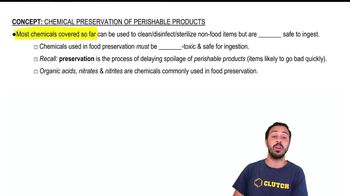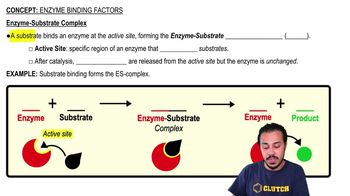Match the following choices to the culture descriptions in questions 3 through 6:
a. Chlamydia
b. Coccidioides
c. Histoplasma
d. Mycobacterium
e. Mycoplasma
This pneumonia etiology requires cell culture.
 Verified step by step guidance
Verified step by step guidance



Match the following choices to the culture descriptions in questions 3 through 6:
a. Chlamydia
b. Coccidioides
c. Histoplasma
d. Mycobacterium
e. Mycoplasma
This pneumonia etiology requires cell culture.
Match the following choices to the culture descriptions in questions 3 through 6:
a. Chlamydia
b. Coccidioides
c. Histoplasma
d. Mycobacterium
e. Mycoplasma
Microscopic examination of a lung biopsy shows ovoid cells in alveolar macrophages. You suspect these are the cause of the patient’s signs and symptoms, but your culture grows a filamentous organism.
Match the following choices to the culture descriptions in questions 3 through 6:
a. Chlamydia
b. Coccidioides
c. Histoplasma
d. Mycobacterium
e. Mycoplasma
Microscopic examination of a lung biopsy shows spherules.
DRAW IT Label the trophophase and idiophase in this graph. Indicate when primary and secondary metabolites are formed.
<IMAGE>